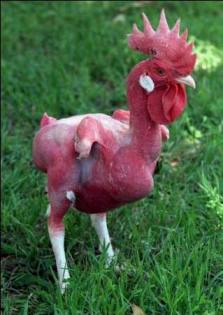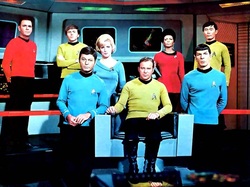
The researchers informed half of the participants that natural chickens were healthy but less tasty, and genetically engineered chickens were tasty, but less healthy. The other half were told the opposite.
Overwhelmingly, sets of participants expressed a preference for the nice plump chicken… but their justifications were different.
The first group claimed it was because they valued health above taste, and the second group said it was because taste was more important. Neither group seemed to justify their choice based on how they felt about the chicken’s looks. They felt compelled to justify their emotional choices with non-emotional reasons, to the point that the two groups found completely opposite ways to justify the same decision.

Logic and Reason are Valued, Emotion is Mistrusted
“In our society it is generally not considered justifiable to make a decision purely on an emotional response,” he said. “We want to be considered scientific and rational, so we come up with reasons after the fact to justify our choice.
“This process seems to be happening somewhat unconsciously, people are not really aware they’re coming up with these justifications. What is even more interesting is that people who claim that emotions are not that important, who consider themselves to be really rational, are actually more prone to fall into this trap.”
Ragunathan and Huang believe this is because once someone has denied the possibility of making a decision based on emotion, there is no other option but to come up with justifications. “You paint yourself into a corner,” he claims. “You want to portray yourself as this rational decision maker, but in reality, you’re the one who’s most likely to show post-hoc rationalization.”


 RSS Feed
RSS Feed